
I Almost Quit Yesterday––Again by Carol Sparks
I quit writing about four times a year. Especially, when I look at the ages of my children, at…
November 28, 2017
I quit writing about four times a year. Especially, when I look at the ages of my children, at…
November 28, 2017
There is a unique magic to epiphany. That “A-HA!” moment when all of the elusives tumble into perfect place,…
November 27, 2017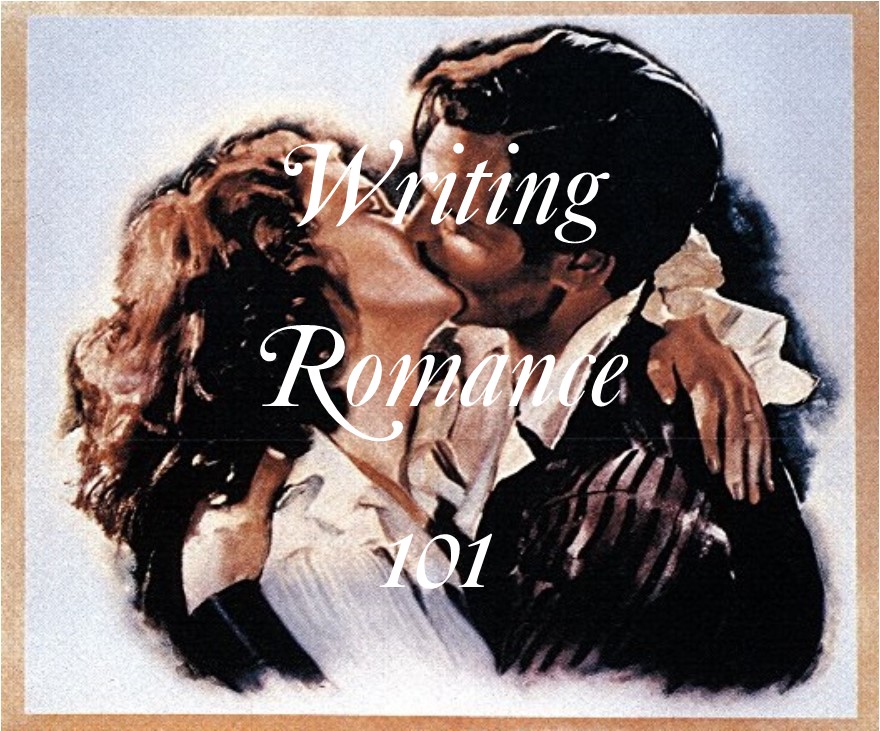
The heroine is the key to any romance. Yes, we women also want a great guy for her to…
November 23, 2017
My pastor and mentor, Larry, grimaced at me back in my early twenties. “Why do you like those scary…
November 22, 2017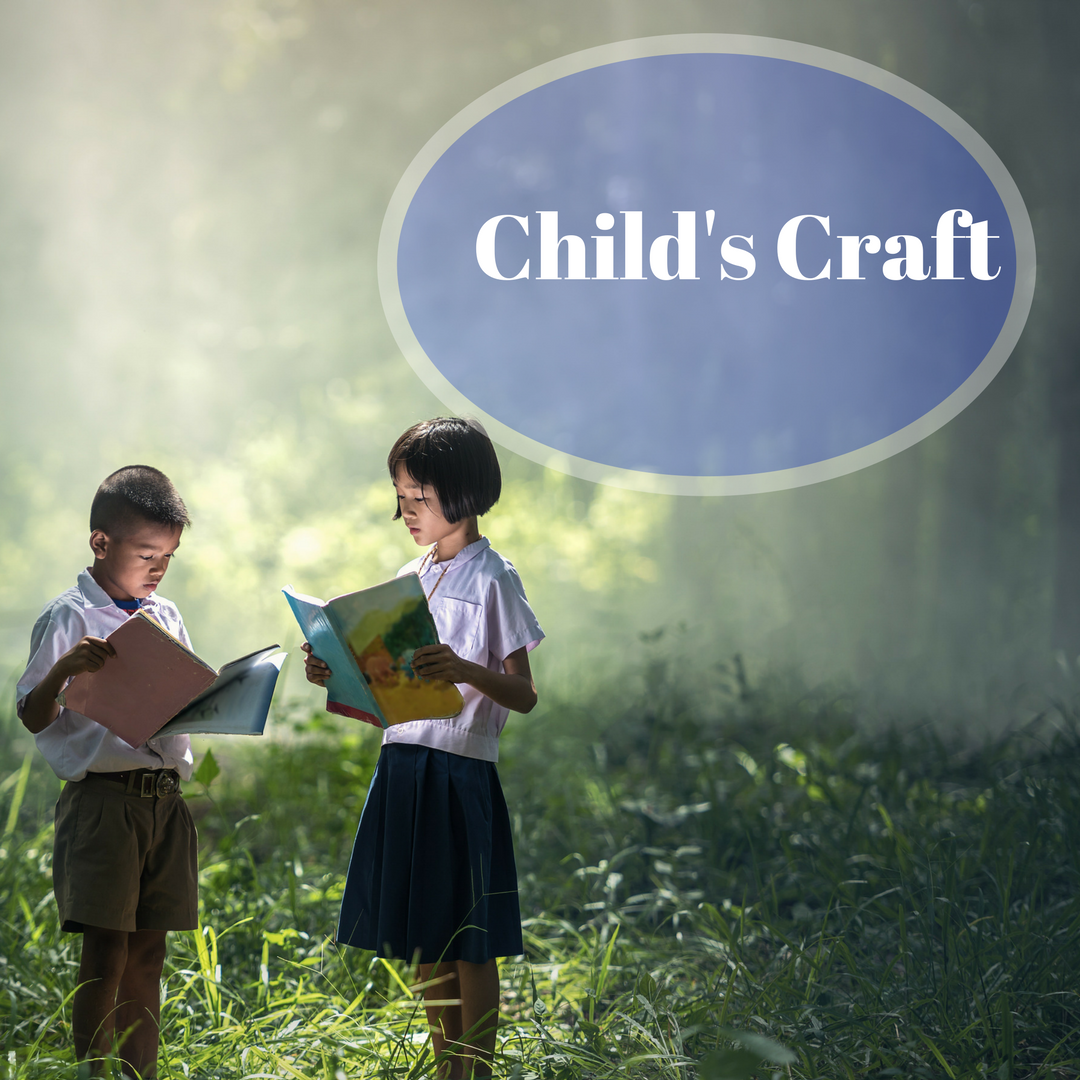
By Jean Matthew Hall Before our grandchildren came along always read the Christmas story in Luke 2 around the…
November 21, 2017
At any given time, I have at least half-a-dozen stories binging around in my head. That’s just how my…
November 19, 2017
Overwhelmed. Exhausted. Enlightened. I struggled to stay awake on the drive home from the Ohio Christian Writers Conference, my…
November 16, 2017
You saw a listing for a writing conference. It looks amazing. You’re excited, then doubts creep in. Am I…
November 14, 2017
Normally in these articles about magazine writing, I focus on positive ways to make a difference. From my years…
November 13, 2017
“Oh, you’re a fantasy writer? I love ‘The Lord of the Rings.’” “I don’t write that kind of fantasy.”…
November 7, 2017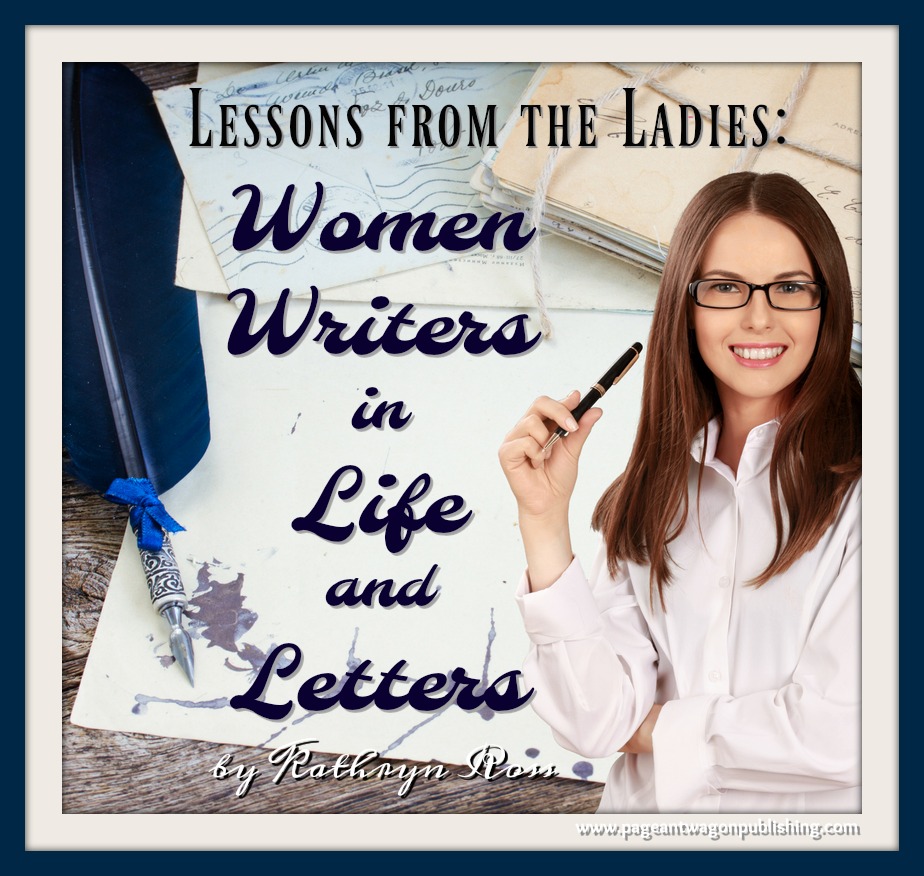
The well-born lay woman . . . led a much freer and fuller life than her sister in religion.…
November 2, 2017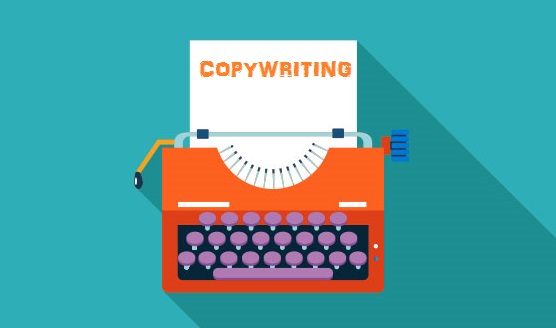
Career success as a freelance copywriter depends on your ability to secure the right clients. If your clients cost…
October 30, 2017
by Tina Hunt Two of my “go to” counseling statements are: so how’s that working for you?; and if…
October 26, 2017
Girl Meets Boy. Lots of problems. Finally, Girl Gets Boy. That’s my new formula for romance writing. Most readers…
October 23, 2017
Technical writing is a different kind of writing. As a matter of fact, it is a very different kind…
October 16, 2017
As a long-time writer for magazines and a former magazine editor, there are some basic truths about publishing in…
October 13, 2017
A poet must choose his words for sound as well as meaning. You could call it verbal music. When…
October 12, 2017
Do your characters fight right? Action is often a big part of the fantasy and sci-fi genres. Your story…
October 7, 2017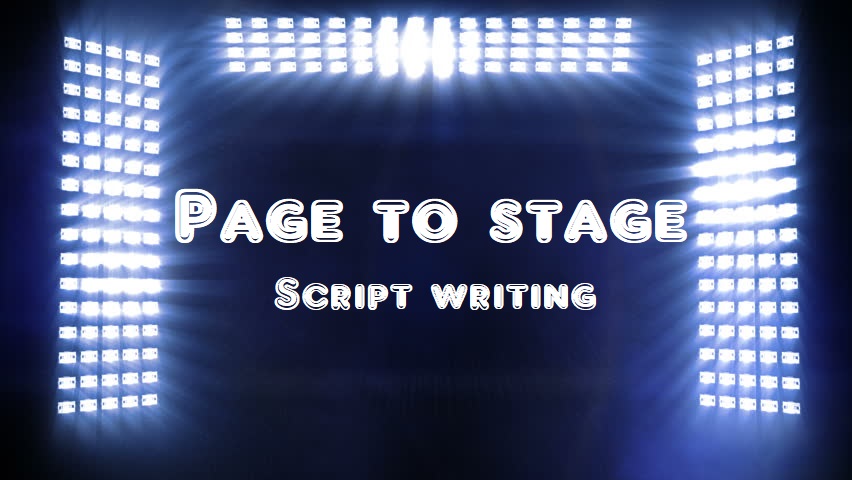
In our first article, we looked at how research was vital to prepare any director to present a script…
October 4, 2017
Until the last century, men dominated the realms of literature, letters, and learning. We read nothing of women exchanging…
October 2, 2017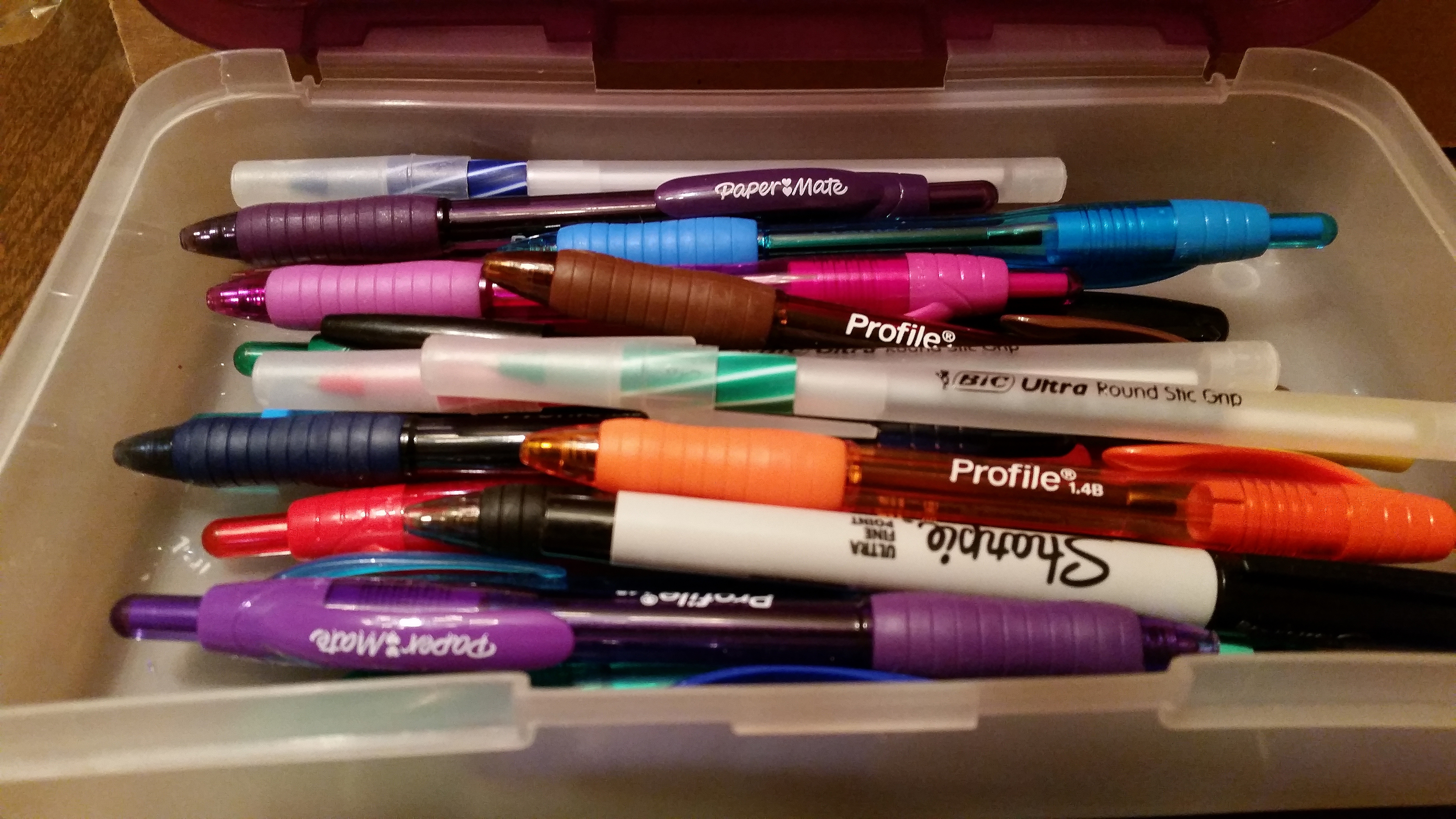
It’s been a L-O-N-G series, but I wanted to especially focus in on different tools you can use to…
September 30, 2017
In this series, we’re looking at personalities, how to develop them, and where to look for more information about…
September 23, 2017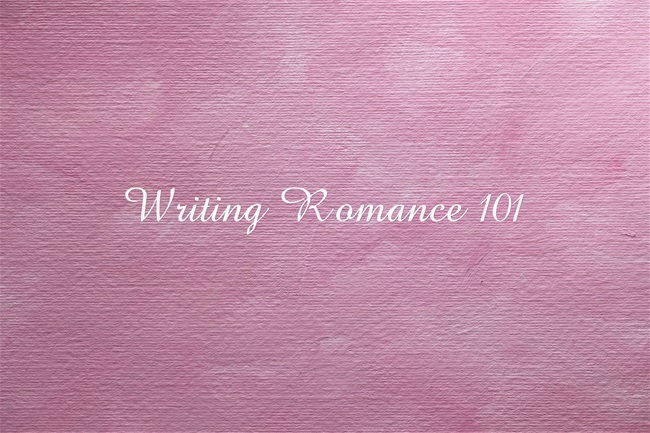
So, you think you want to write a romance? It’s a great genre. [bctt tweet=”We all love fairy tales…
September 2, 2017
If you’re writing about corporate culture or your main characters are partners or close colleagues in their jobs, the…
August 23, 2017
Welcome to Publishing Perspectives! I’ll be talking about all things publishing. Let’s start with an overview of the publishing…
July 21, 2017